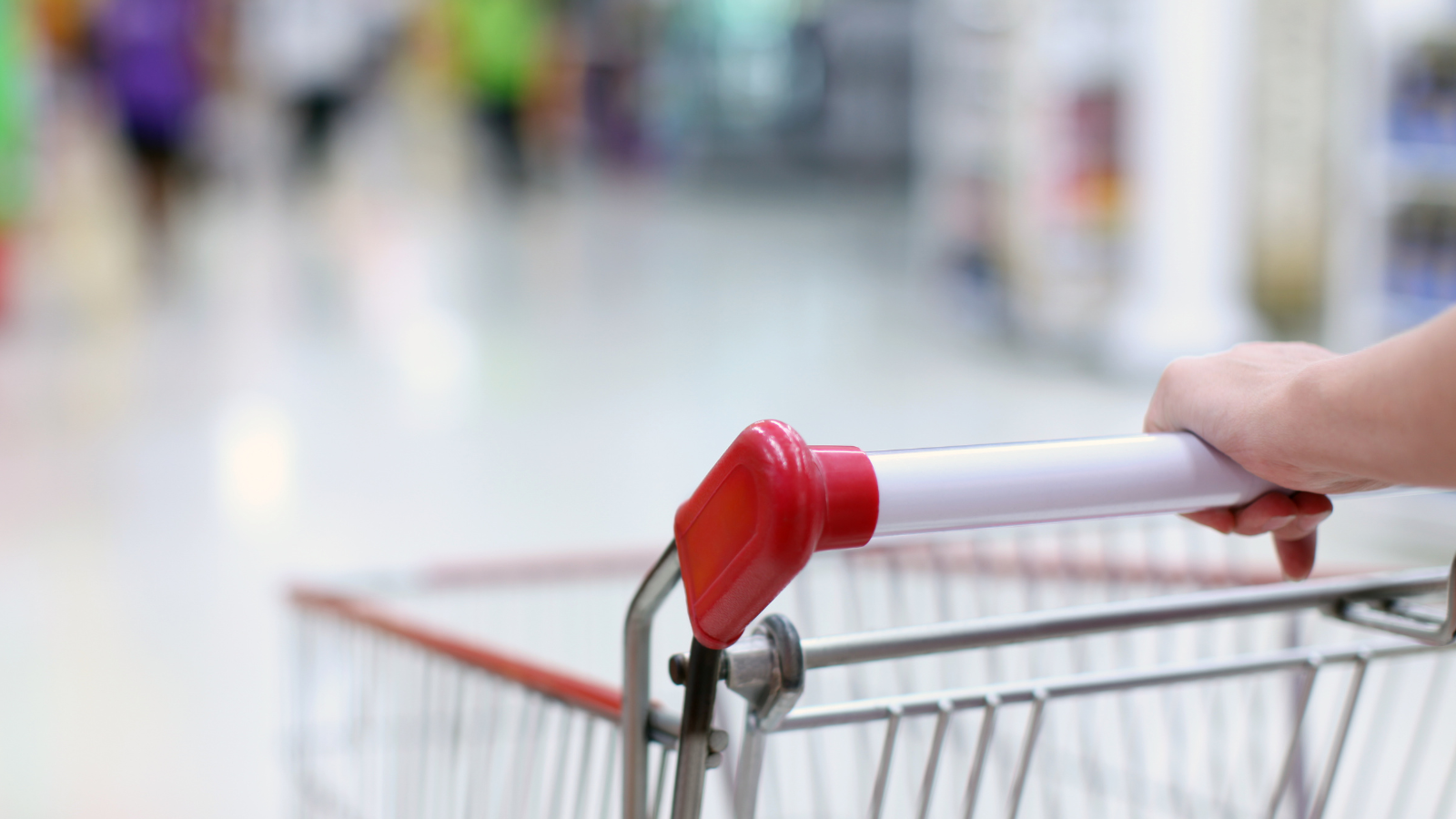The strategy of compromise: Australian Ethical eyes supermarket giants
Assessing the ESG credentials of companies, especially retail giants, entails traversing a grey area of good, bad, not so good and not so bad. For sustainability-minded money manager Australian Ethical, forming an opinion on the likes of supermarket behemoths Coles and Woolworths is an ongoing, nuanced exercise in holistic appraisal that has at its core the firm’s Ethical Charter and its 23 principals.
But appraising the ESG rating of a retailer with tens of thousands of product offerings, from ramen noodles to packaged vegetables, toothpaste and alcohol, is no simple task. These products are everyday items, and a measure of compromise is fundamental to the process.
According to Australian Ethical, the job is a balancing act.
“No company is perfect, but for us to invest, a retailer must demonstrate genuine commitment and credible action to manage negative impacts on people, animals and the planet,” the firm explained in a recent web post.
“When assessing a sector like retail for investment, we use a framework of interconnected criteria derived from the principles of our Ethical Charter. For large food sector retailers, the framework requires us to look at the health value of the retailer’s food offerings, how it treats its staff and suppliers and how it addresses any human rights impacts in supply chain.”
In addition to the above, Australian Ethical looks at things like a company’s animal welfare policies, its management of waste and the circular economy, plus the environmental impacts of its supply chain. “And last but by no means least, we seek demonstration of its alignment to the Paris Agreement and how it manages and reports on its scope 1, 2 and 3 emissions,” Australian Ethical adds.
More good than bad
Australian Ethical provided a snapshot into this process in a case study of Coles, which it says demonstrates a “genuine commitment and credible action to managing its impacts”.
The retailer has made “real strides” in reducing food and packaging waste, supports plastic recycling and promotes circular economies, Australian Ethical notes. An example of this is a program it has to recycle soft plastics into sustainable alternatives for concrete aggregate, which is has used in the construction of three supermarket carparks.
Even better: Coles will be 100 per cent powered by renewable electricity by FY25 and has signed on to be net zero on emissions by 2050.
But the full picture involves Coles selling things that do have incredible potential to cause harm, usch as alcohol, cigarettes and factory farmed meat. “Many retailers including Coles will sell things we may not like,” Australian Ethical says.
While it won’t invest in companies that produce these products, Australian Ethical says it doesn’t automatically rule out companies that make revenue from selling these products.
“Instead, we start from the position that retailers provide a marketplace where producers can get their products to consumers and consumers can find the products they want,” it states. “We also recognise that while retailers are largely subject to supply and demand, they can also influence what consumers purchase. This thinking informs the criteria in our ethical framework for assessing retailers.”
This is where it gets nuanced. Australian Ethical then looks at the aggregate proportions of positive and negative products being sold, the availability of sustainable options, and whether the retailer promotes irresponsible consumption.
“Although Coles continues to sell food products we don’t like, we think the supermarket is helping to encourage more sustainable eating choices by expanding its range of healthy food brands and reducing salt and sugar in its Own Brand products. It now offers plant-based alternatives in nearly every traditional animal product category,” Australian Ethical states.
As with any ESG appraisal, the resultant assessment is only temporary, with ongoing monitoring of behaviour and performance crucial. In the case of Coles, it’s a matter of continuing to watch that the company is on a path to fundamentally more good than bad.
“For Coles, we are keeping a close eye on the progress of its emission reduction targets, and that its pay incentives and purchasing practices align with its stated sustainability initiatives particularly with respect to human rights. We are also watching the management of animal welfare in its supply chain and its ongoing ‘nudging’ of consumers towards more sustainable food choices.”











